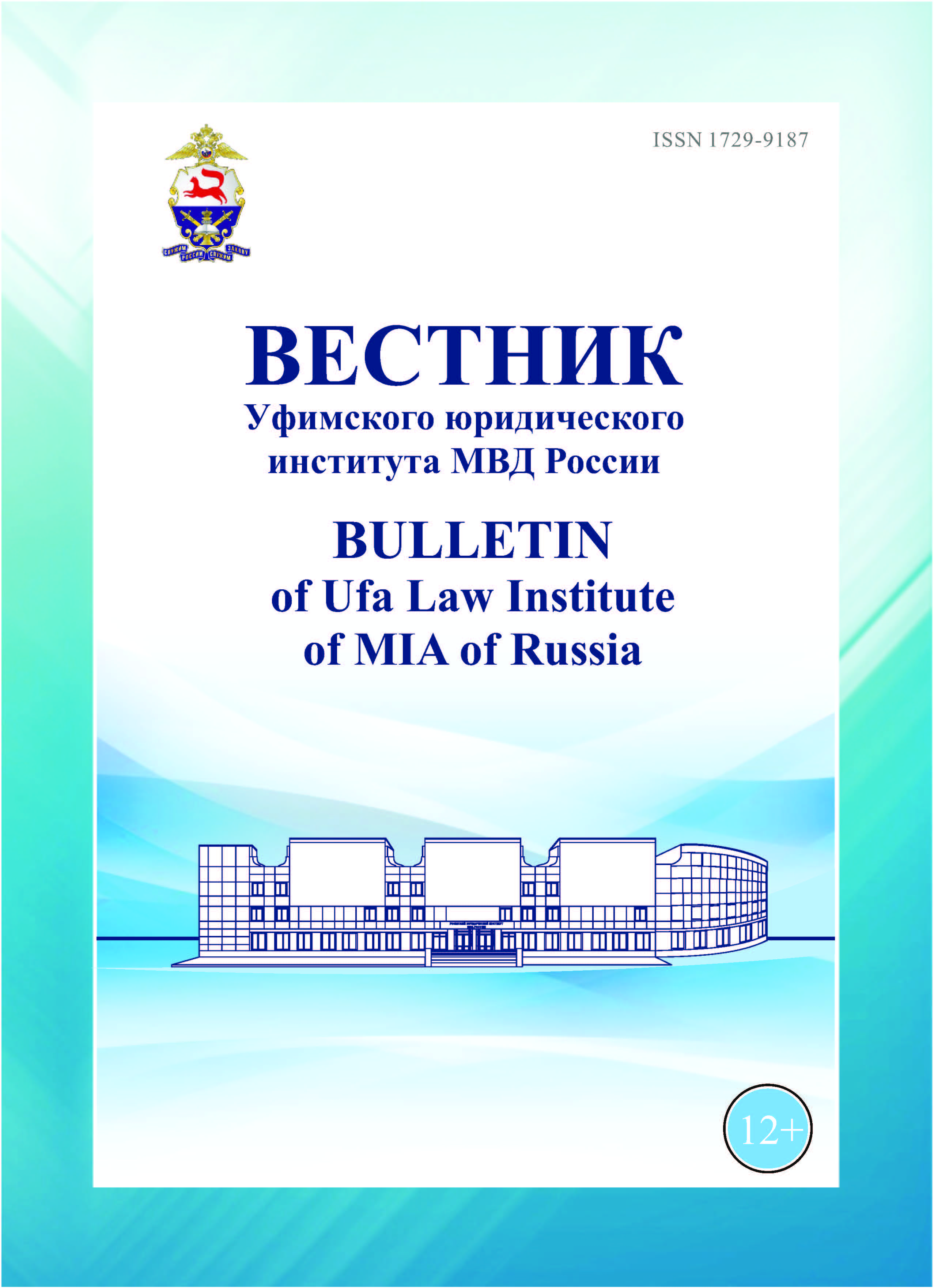Ufa, Russian Federation
UDC 81-114.4
The article deals with the structural features of linguistic expertise as a special document used in judicial practice in the Russian Federation. The conclusions of the Guild of Linguists-Experts in Documentary and Information Disputes on cases of drug propaganda, extremism and terrorism are used as practical material. The stages of expert research are analyzed, a list of methods used is given, and questions requiring the permission of an expert linguist are outlined. The conceptual apparatus and the content of each of the sections of the expert’s opinion, compiled based on the results of the forensic linguistic examination, are described in detail. Particular importance in the article is given to the sphere of competence of specialists involved in making conclusions of the judicial document under consideration. The theoretical sources on which the research is based ensure the reliability and validity of the results obtained. It is concluded that the quality of linguistic expertise depends directly on the skills and abilities of the expert to unequivocally answer the questions posed by the court, to give direct unambiguous answers regarding unacceptable communicative behavior in society.
linguistic expertise, linguistic expert, conclusion, methods of analysis, terms and concepts, tasks of the expert
1. Raspopova T. A., Rozhkovskaya Yu. I. Formation of the Institute of forensic linguistic expertise in Russia // Economy. Sociology. Law. 2022. No. 1 (25). P. 72–82.
2. Podkatilina M. L. Recommendations on the production and registration of the results of forensic linguistic expertise in cases of extremism // Bulletin of O. E. Kutafin University (MGUA). 2014. No. 3 (3). P. 102–107.
3. Timoshenko S. E., Smirnova I. S. The significance of forensic linguistic expertise in criminal proceedings // Collection of materials of forensic readings. 2017. No. 14. P. 79–81.
4. Saakov T. A., Nikishin V. D. Forensic linguistic expertise // Investigation of crimes: problems and ways to solve them. 2021. No. 4 (34). P. 76–81.
5. Khomichenko O. V. The concept and essence of forensic linguistic expertise // Nizhnevartovsk Philological Bulletin. 2022. No. 1. P. 86–98.
6. Yerakhtina E. A. On the issue of judicial linguistic expertise in cases of public calls for extremist activity// The sixth traditional “expert” readings on the Yenisei. Materials of the regional (interuniversity) scientific and practical conference. Krasnoyarsk: Krasnoyarsk State Agrarian University, 2021. P. 52–58.
7. Kukushkina O. V. Methods of analysis used in forensic linguistic expertise // Theory and practice of forensic examination. 2016. No. 1 (41). P. 118–126.
8. Baskakova N. N. On the issue of forensic linguistic expertise // Bulletin of the Academy of the Investigative Committee of the Russian Federation. 2017. No. 1 (11). P. 70–72.
9. Anisimova E.Y. The essence and features of the objects of forensic linguistic expertise // Universum: Philology and Art Criticism. 2024. No. 3 (117). P. 27–30.
10. Kuznetsov V. O. On the question of expert concepts in forensic linguistic expertise // Theory and practice of forensic expertise. 2020. Vol. 15. No. 1. P. 29–41.
11. Varlakova T. V. Features of the analysis of verbal materials in the course of forensic linguistic expertise // Proceedings of the Academy of Management of the Ministry of Internal Affairs of Russia. 2021.No. 2 (58). P. 140–147.









